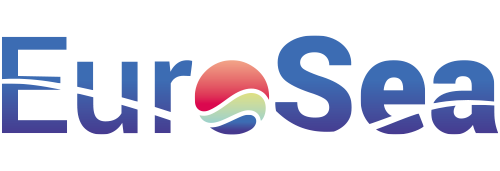Reinforcement of the network coordination and governance for augmented observatories, focusing on refining data flow and establishing best practices
Reinforcement of the network coordination and governance for augmented observatories, focusing on refining data flow and establishing best practices
Read more
Enhancement of the Technology Readiness Level (TRL) for forecasting in specialized areas, namely extreme marine events and the merging of biological marine data
Read more
Introduction and tracking of “Ocean Best Practices (BP)” within the project, with specific metrics including submission to the Ocean Best Practices System (OBPS), BP under development, new areas initiated by BP, and the tracking process under Work Package 1 (WP1)
Read more
Implementation of a multi-platform approach to refine ocean forecasting, resulting in lessons learned, potential new systems, and actionable recommendations
Read more
Creation of a tailored framework to effectively map Essential Ocean Variables (EOVs) and their associated observation requirements
Read more
Development of innovative forecast and reanalysis products
Read more
Protocol for marine debris observing agreed upon
Read more
Development of appropriate indicators to monitor and forecast in support of SDG14 (Sustainable Development Goal 14: Life Below Water)
Read more
Forecasts of extreme marine event hazards tailored for aquaculture, focusing on oxygen, heat, and pH ensemble forecasts
Read more
The Oceanographic Services for Ports and Cities (OSPAC) software, specially tailored for port and city usage. This software provides real-time alerts about marine conditions, including significant wave heights and lightning detection data, ensuring better maritime operations and improved safety
Read more
